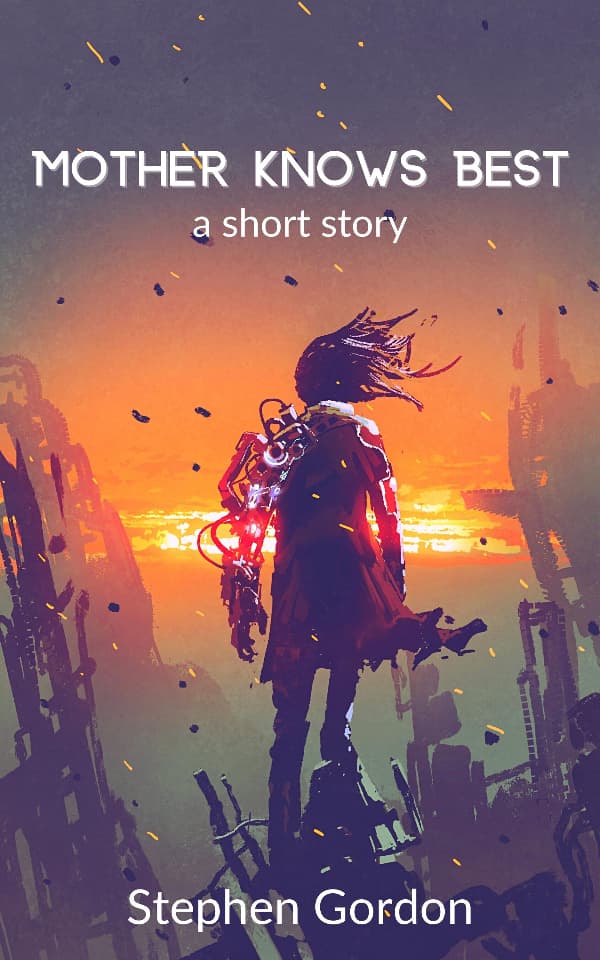In a future where the stars have become a new frontier for both opportunity and conflict, twelve-year-old Chiyoko leads a double life. On one side, she’s a dedicated off-world student attending a virtual classroom; on the other, she’s the genius hacker of her family’s rogue mining ship—a band of orbital pirates making a living by skirting the law and raiding corporate-controlled asteroid mines.
Under the watchful eyes of her parents and alongside her two brothers, Chiyoko has mastered the art of hacking into station systems, outsmarting security bots, and selling stolen goods on the black market—all while evading capture by the United Space Faring Nations (USFN). But when a raid on an Ore Corps mining station goes wrong, Chiyoko and her family find themselves at the top of the USFN’s most-wanted list, with orders to shoot on sight.
As her family narrowly escapes capture and scrambles to plan their next move, Chiyoko stumbles upon a secret that could ignite a war costing billions of lives, a war that not even the mighty USFN will be able to stop. With enemy ships closing in, the young hacker must decide whether to use this knowledge to save her family or alter the course of humanity.
Table of Contents
- Late for Class
- Hiro
- On the Run
- Getting to Know You
- Multi-Tasking
- All Grown Up
- Clyde
- Mother Knows Best
